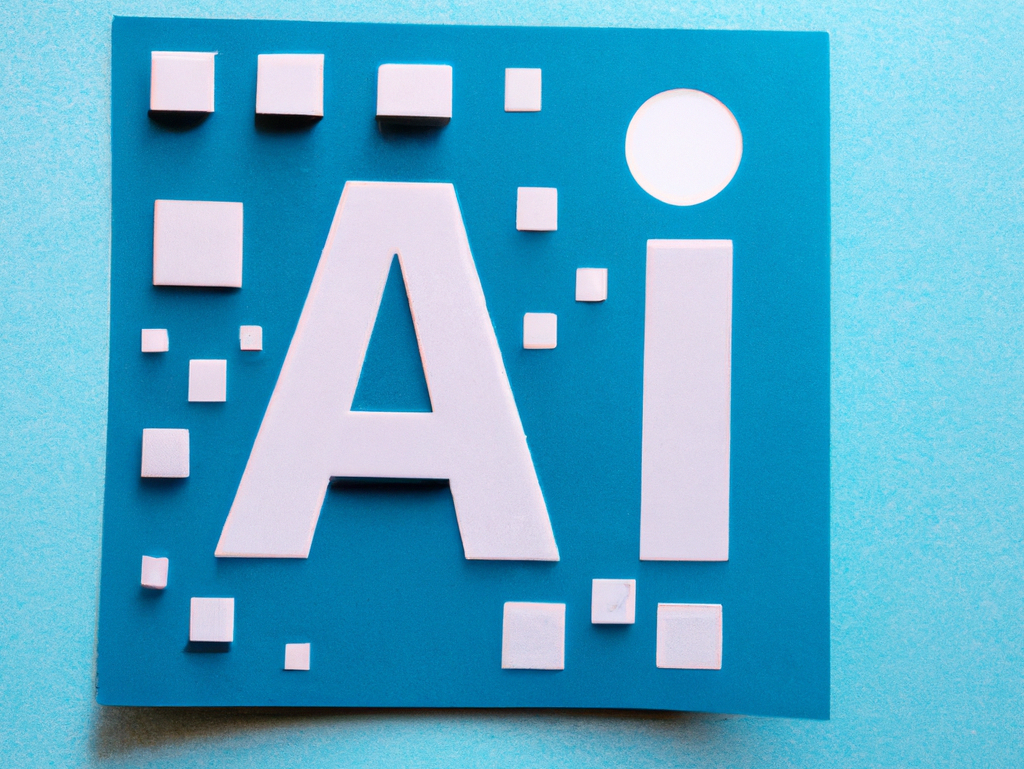
February 2023
tl;dr
- Artificial Intelligence (AI) is transforming digital marketing by improving efficiency, personalization, predictive analytics, and cost savings.
- AI is being used for customer service, personalization, predictive analytics, content creation, and advertising.
- The benefits of AI include improved efficiency, personalization, predictive analytics, and cost savings.
- Challenges such as data quality, privacy concerns, bias, and human interaction need to be addressed.
- Marketers need to stay informed and adapt their strategies to take advantage of AI's potential.
Artificial Intelligence (AI) is rapidly transforming the digital landscape, and the marketing industry is not exempt. AI is revolutionizing the way marketers reach and engage with their target audiences. In this article, we will explore what AI is, how it is being used in digital marketing, and the potential benefits and challenges it presents.
What is man-made reasoning?
AI is powered by algorithms that process massive amounts of data and can learn from it to make predictions and decisions.[1]
How is AI being used in digital marketing?
AI is being used in digital marketing in a variety of ways. Here are some of the most common applications:
1. Virtual Assistants
They are used to provide customer service, answer questions, and even make recommendations. Chatbots use natural language processing (NLP) to understand and respond to customer inquiries in real-time.
2. Personalization
AI is being used to personalize the customer experience by analyzing customer data and behavior to provide targeted recommendations and offers. This includes personalized emails, product recommendations, and even website content. [5]
3. Predictive Analytics
AI is being used to analyze large amounts of data to make predictions about customer behavior and preferences. This includes predicting which products or services a customer is most likely to purchase, and even predicting which customers are most likely to churn.
4. Content Creation
AI is being used to create content, including articles, blog posts, and even social media posts. AI-powered tools can analyze data and trends to create content that is optimized for search engines and social media platforms.
5. Advertising
AI is being used to optimize advertising campaigns by analyzing data and making real-time adjustments to targeting and bidding. AI-powered tools can also generate ad copy and creative based on customer data and behavior. [2]
The numerous benefits of AI in digital marketing.
Here are some of the most significant benefits to date:
1. Improved Efficiency
AI-powered tools can analyze data and make decisions in real-time, allowing marketers to adjust their strategies quickly and efficiently. This saves time and resources, and allows marketers to focus on more strategic initiatives.
2. Personalization
AI-powered personalization can improve the customer experience by providing targeted recommendations and offers based on customer data and behavior. This increases customer satisfaction and loyalty.
3. Predictive Analytics
AI-powered predictive analytics can help marketers make more informed decisions by predicting customer behavior and preferences. This helps marketers identify new opportunities and optimize strategies to achieve better results.
4. Cost Savings
AI-powered tools can help marketers optimize their campaigns and reduce wasted spend, resulting in cost savings. This allows marketers to allocate resources more effectively and achieve better ROI.
The main challenges of AI in digital marketing.
Here are some of the most significant:
1. Data Quality
AI relies on data to make predictions and decisions, so the quality of the data is critical. Marketers need to ensure that the data they are using is accurate and relevant. [4]
2. Privacy Concerns
AI-powered personalization can raise privacy concerns, as customers may be uncomfortable with the amount of data that is being collected and used to personalize their experience.
3. Bias
AI-powered tools can be biased if they are trained on biased data. Marketers need to ensure that the data they are using is unbiased and inclusive.
4. Human Interaction
While AI-powered tools can automate many tasks, human interaction is still necessary in many cases. Marketers need to ensure that they are striking the right balance between automation and human interaction. [3]
Conclusion
AI is revolutionizing the digital marketing industry by improving efficiency, personalization, predictive analytics, and cost savings. However, there are also challenges that need to be addressed, such as data quality, privacy concerns, bias, and human interaction. As AI continues to evolve, marketers need to stay informed and adapt their strategies to take advantage of this powerful technology.
